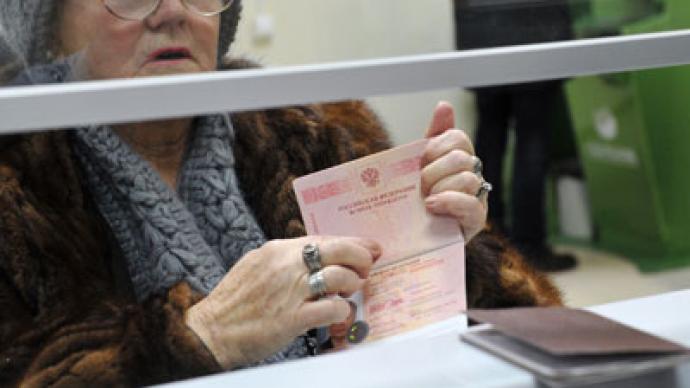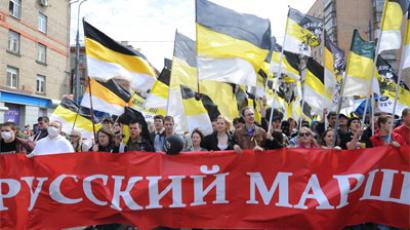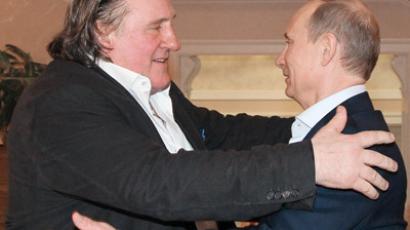Russia may fast-track citizenship for imperial descendants

The Russian State Duma has suggested simplifying the granting of Russian citizenship to direct descendants of nationals of the Russian Empire who now live abroad.
The initiative was put forward by the lower house’s Committee for Nationalities. Descendants of the Russian Empire – which collapsed after the February 1917 Revolution – are part of “the same nation and civilization,” committee head Gadzhimet Safaraliyev told Izvestia daily. People of Russian heritage currently live all around the globe. Syria, for example, is the home of the Cherkessian diaspora. Their forebears moved to the region from territories that were part of the Russian Empire following the 19th-century Caucasian war. “What should we do with them? Leave them [in war-torn Syria]?” Safaraliyev said.The biggest wave of emigration from Russia followed the dramatic events of the beginning of the 20th century: Revolutions, the fall of the Tsar, World War I, a civil war and the creation of the Soviet Union.If the suggested amendments to the Law on Citizenship are passed, emigrants’ children and grandchildren will be able to get Russian passports and come to back to their historic homeland; archived documents would help them prove their Russian heritage. Earlier, President Vladimir Putin urged Russian lawmakers “to develop a simplified procedure for granting Russian citizenship to our compatriots, the bearers of the Russian language and Russian culture, the direct descendants of those who were born in the Russian Empire and the Soviet Union, for those who want to take up permanent residence in our country and, therefore, to give up their current citizenship.”In his annual address to the Federal Assembly, Putin said that Russia needs new blood – educated and hardworking people who want to move to the country and consider it their homeland.Meanwhile, opponents of the proposal worry that a mass repatriation program could become a financial burden for Russia. Critics also argue that the bill may cause an increase of immigration from the former Soviet republics in the Caucasus and Central Asia, adding to the thousands of migrant workers from those regions that have already come to Russia.According to Yevgeny Borbrov from the presidential Council for Human Rights, those who need help the most should be taken care of first. “Descendants of the Russian Empire feel not bad in foreign countries, unlike descendants from the USSR who were left by the state holding an empty bag,” Borbrov told Izvestia.Currently, those who wish to get Russian citizenship have to go through a long and complicated procedure.














